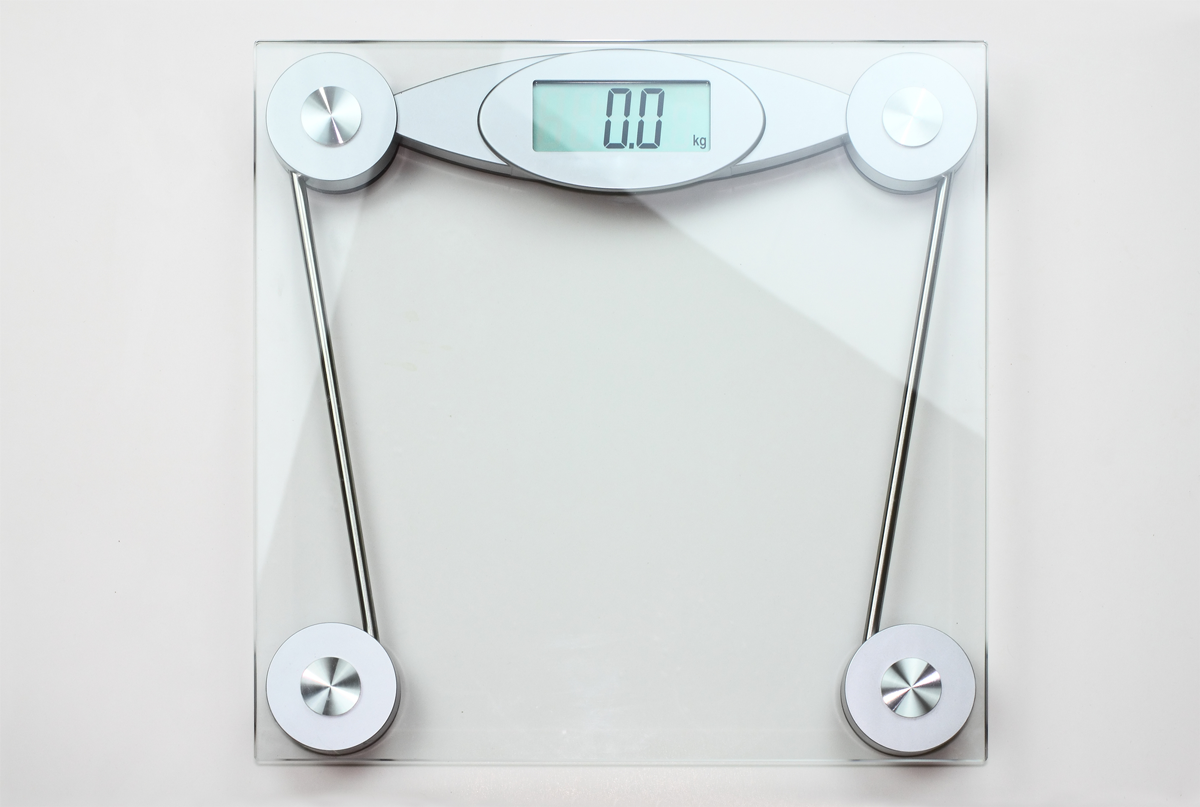As we age, women are dismissed. What data/documents/language can we use with physicians about these hormone/symptom issues to help us be heard and seen as informed?
—Anonymous
This is so frustrating! As a physician, I strive to take all my patients’ concerns seriously, even if I can’t help them. But data from several studies show that women may not receive the same level of care men do when they interact with the health-care system.
Most of the research on improving doctor-patient communication is focused on how doctors can improve their communication with patients (an important area of research!). But there are some things I have observed patients doing that have facilitated our conversations.
First, whenever possible, establish a relationship with a doctor before you need more than routine care. It is so much easier to have a frank conversation when you have gotten to know each other a little bit. You should feel comfortable talking to your primary care physician and gynecologist about anything. If you don’t feel that way about your current doctors, consider making a change.
Second, think about your concerns and questions in advance, and write them down. It is often hard to remember everything when you are on the spot. If you have specific symptoms to discuss, keep track of when they started, how often you have them, and if there is any pattern to your symptoms. Comparisons are also helpful. I believe a patient complaining of hair loss (you really don’t need to bring the lost hair with you; it isn’t helpful), but a picture of the crown of your head or hairline before you noted the loss can help us quantify the severity.
If you have a lot of questions or more than about three separate problems to discuss, don’t be surprised if you are asked to schedule a second appointment to address some of your non-urgent issues.
Third, doing your research before a visit is great, but keep an open mind. I think an example might help with this one. I often discuss the treatment options for hot flushes and night sweats with my patients. Some women prefer hormone replacement, and some prefer — or, in some cases, need — to consider non-hormonal options only. It definitely helps focus our conversation if I know this up front.
However, some women come in with a strong preference for a specific formulation of hormone replacement therapy and I know another formulation might be cheaper or have fewer side effects. It’s hard to have a productive conversation about the best options if you’re set on one thing. Keeping an open mind is so helpful!
Ultimately, if you feel that you aren’t being listened to or that your concerns aren’t being addressed, say so. If you don’t see improvement after speaking up, consider seeking care elsewhere.
Community Guidelines


















Log in